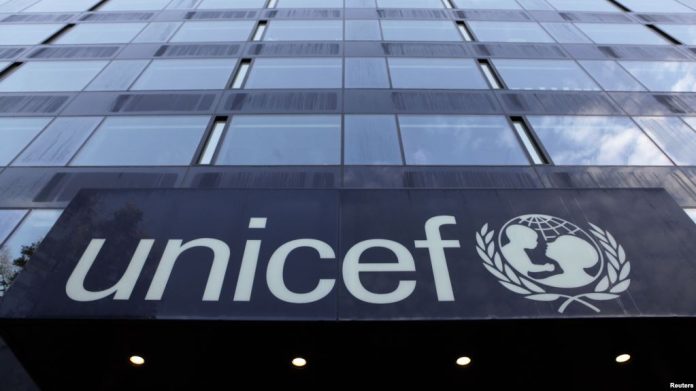The United Nations Children’s Fund (UNICEF), has emphasised the need for greater financial investment in social sectors to tackle the issue of multidimensional poverty that impede overall development in the country.
The Chief of UNICEF’s Sokoto Field Office, Mr Michael Juma, made the call at a five-day workshop yesterday in Sokoto.
The workshop was organised by the Sokoto State Ministry of Budget and Economic Planning with UNICEF’s support through the European Union’s Sustainable and Innovative Social Protection Project.
The workshop focused on developing three-year Medium Term Sector Strategies (MTSS) 2026-2028 for Health, Education, Social Protection, and Water, Sanitation and Hygiene in Sokoto State.
Juma, represented by Mr. Isah Ibrahim, Social Policy Specialist in UNICEF, said that even with increase in annual budgets by different states, poverty and the lack of basic services are still rising, especially among vulnerable households in Northern Nigeria.
While commending the Sokoto State Government for its commitment to social protection programmes, Juma appealed for increased financial provisions and effective implementation of budgets aimed at child-focused initiatives.
He stressed that the initiatives should include cash transfers, social health insurance, malnutrition prevention and support for out-of-school children.
He also stressed the importance of creating a conducive environment for basic health care and education services.
Juma called on the Sokoto State Government to effectively leverage the support it was receiving on its commitment to transition from traditional mode budgeting to programme-based budgeting, a shift that UNICEF was assisting in nine states across the Federation.
In his remarks, the State Commissioner of Budget and Economic Planning, Dr Abubakar Zayyana, commended UNICEF for its continued support to the state aimed at helping it achieve its development goals.
Zayyana emphasised that the budgets of Ministries, Departments and Agencies should be based on their programmes and activities to align with the government’s nine-point smart agenda.
He noted that ambiguous budgets or those designed without proper planning would no longer be acceptable.


